Why did you embrace Agile over traditional project management as a developer?
I didn’t get the opportunity to adopt agile whilst I was still a developer, that only came about because I was frustrated by the limitation of traditional project management that I was subject to while I was a developer.
I worked through those project management practices at places like Merrill Lynch, a few design agencies, and so forth, and Agile proved itself to be a far superior approach to solving complex problems and building complex solutions.
Pretty much all those companies approached a project in a similar fashion, the most progressive approach being a generator manufacturer that I worked for, and that did a lot of damage. It really made it incredibly difficult to do great work or enjoy the work in a sustainable manner.
I honestly felt like the project managers and leadership teams didn’t know what they were talking about, didn’t know what we were doing in the environment, and couldn’t lead us to great work because of the disconnect between the people doing the work and those conjuring projects up.
It didn’t even feel like the people designing and allocating the work cared about the work.
DevOps environments
As I migrated from developing software to DevOps environments, not even full agile environments just yet, I started to see the benefits of a different approach to traditional project management.
DevOps has a strong foundation in tools. It’s great to work in DevOps, and I loved every moment of it, but it starts with an incredibly strong focus on the tools that you employ and deploy.
I started to recognise that tools don’t solve problems, people do, and so there needs to be a stronger focus on the people who design and deploy solutions. A stronger focus on how they work, why it matters, and what frameworks are better suited to complex work than project management.
The consulting element came into play when I was helping migrate work from traditional tools to Azure DevOps and had to explain to people that the problems they were experiencing did not originate from the tools they employed, but instead from how they were using the tools.
It was the start of many conversations about how to work more effectively, how to approach problem solving and solution development from a different perspective, and the beginning of an exploration into Agile and Scrum.
- Is this the most effective way to solve the problem?
- Do you actually need that thing?
- Does this tool add value?
- Is this process the most effective way to develop a solution?
And so forth.
A strong focus on identifying what is absolutely essential to conduct business, and work through each element to identify what will bring your team joy?
- What will help them progress?
- What will help them be more effective?
- What will help them be more creative?
- What will help them collaborative more effectively?
My move into agile was through the technical gateway of DevOps, and learning how agile – as a philosophy, a culture of product development, and an approach to navigating complexity – served both traditional software developers as well as DevOps specialists.
Scrum Training
I went to Australia to do the PSD (Professional Scrum Developer) course, and to learn how agile and scrum provided a framework for people to deliver their best work.
That was my introduction to Scrum, led by Richard Hundhausen, and it paved the way to a rich and rewarding experience with the scrum framework. Everything made sense, and based on my previous experience with project management, all the agile dots connected perfectly for me.
I didn’t just grasp why scrum was designed the way it is, I also had a frame of reference for what happens and what it feels like if you don’t work with scrum.
Carrot and stick.
A strong motivation to use scrum, an inspired path moving forward using the scrum framework as a lightweight framework for product development, and a visceral experience with how painful traditional project management can be in a software engineering or product development application.
Helping others transition to agile.
Scrum immediately empowered me to solve complex problems and build or develop complex solutions. It immediately proved itself invaluable and I wanted to bring this new way of working to others in the DevOps and software engineering industry.
I wanted them to experience just how powerful this agile framework could be in delivering great work, increasing customer and employee satisfaction, and inspiring teams to deliver consistently great team performances.
It really was a game-changer for me personally, and for the organizations I worked with as a trainer, agile coach, and agile consultant.
So, my journey was evolutionary rather than revolutionary, but it provided me with exactly what I needed to develop a deep understanding of the values and principles that underpin Scrum. The reasons why it is a great framework for navigating complexity and building complex solutions.
About NKD Agility
Naked Agility is an #agile consultancy that specializes in #scrumtraining, #agilecoaching and #agileconsulting to help teams evolve, integrate, and continuously improve.
We recognize the positive impact that a happy AND inspired workforce can have on customer experience, and we actively help organizations to tap into the power of creative, collaborative, and high-performing teams that is unique to #agile and #scrum environments.
If you are interested in #agiletraining, visit https://nkdagility.com/training/
If you have identified the need for #agilecoaching and #agileconsulting, visit https://nkdagility.com/agile-consulting-coaching/
We would love to work with you.
#scrum #agile #scrumteam #agileprojectmanagement #agileproductdevelopment #projectmanagement #productdevelopment #agilecoach #agileconsultant #agiletraining #scrumtraining #scrumorg
